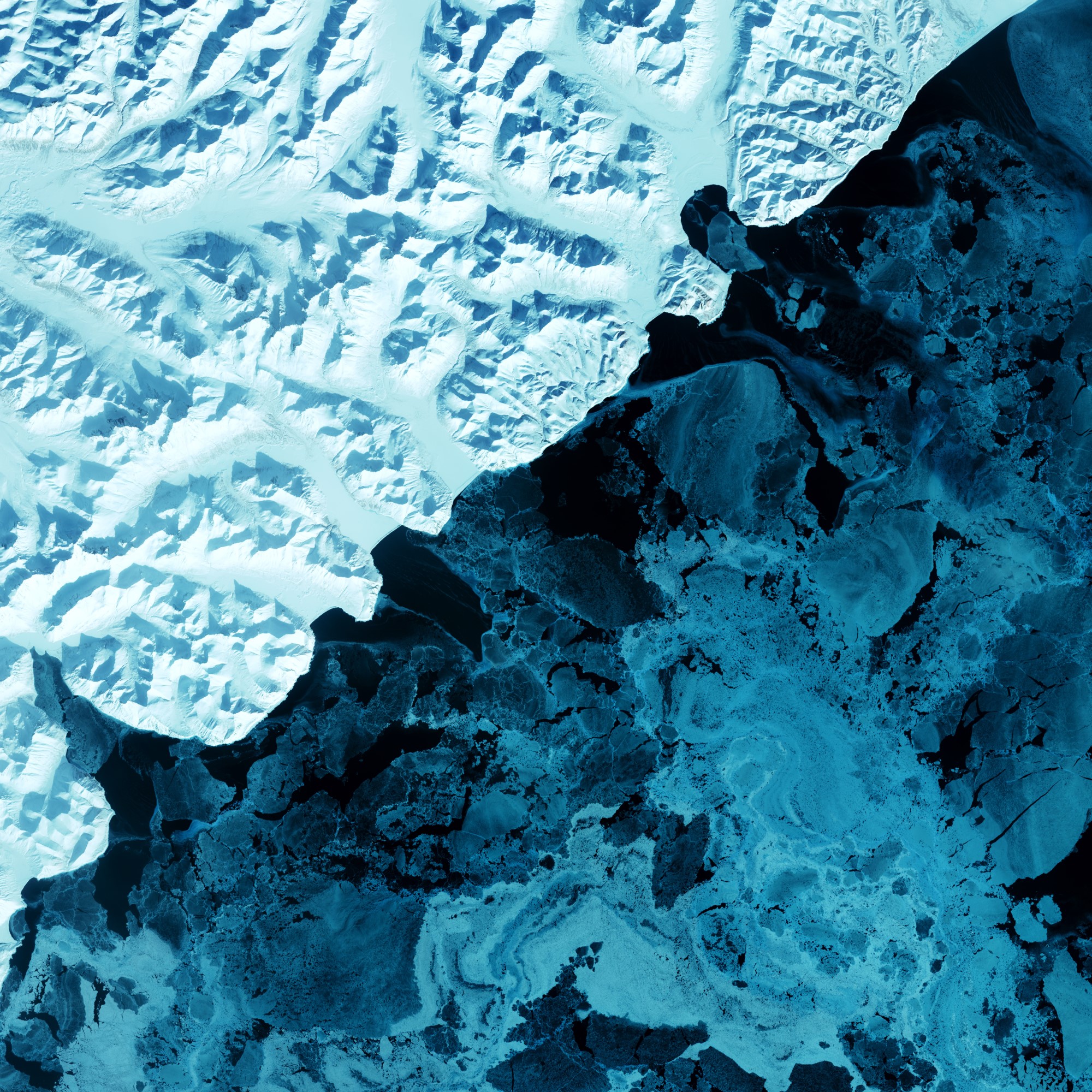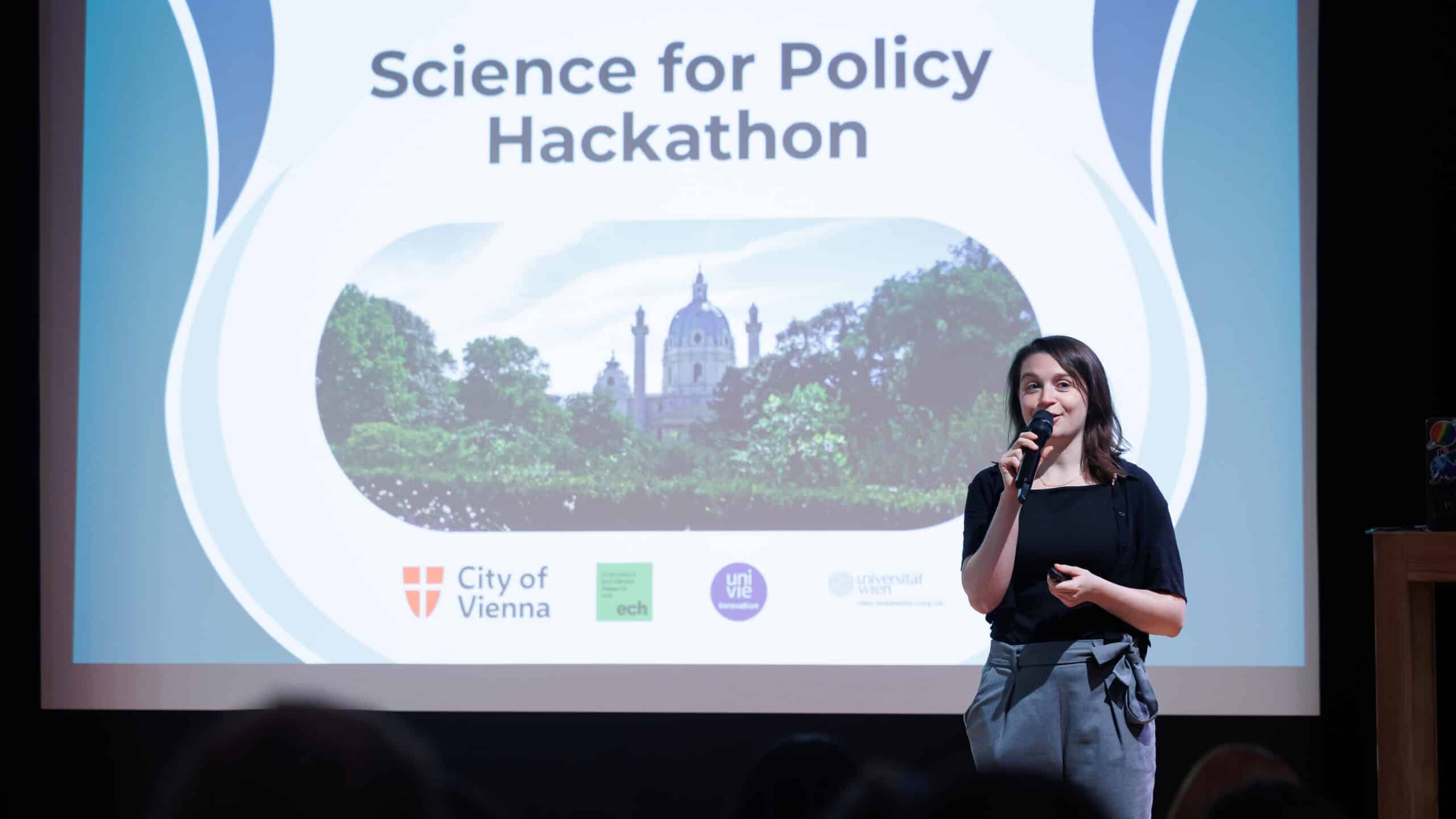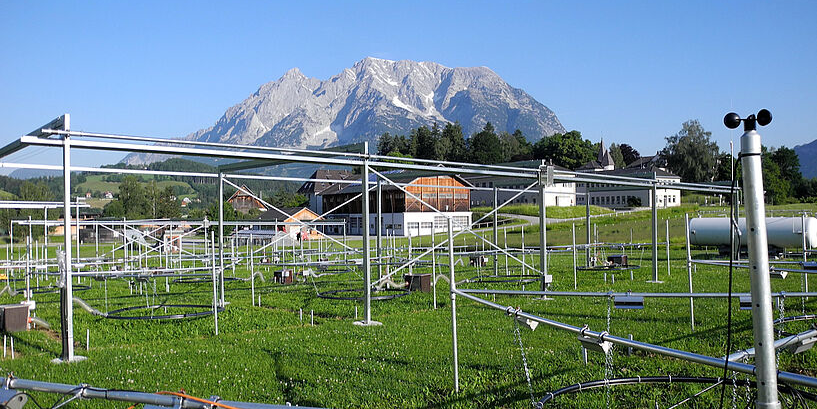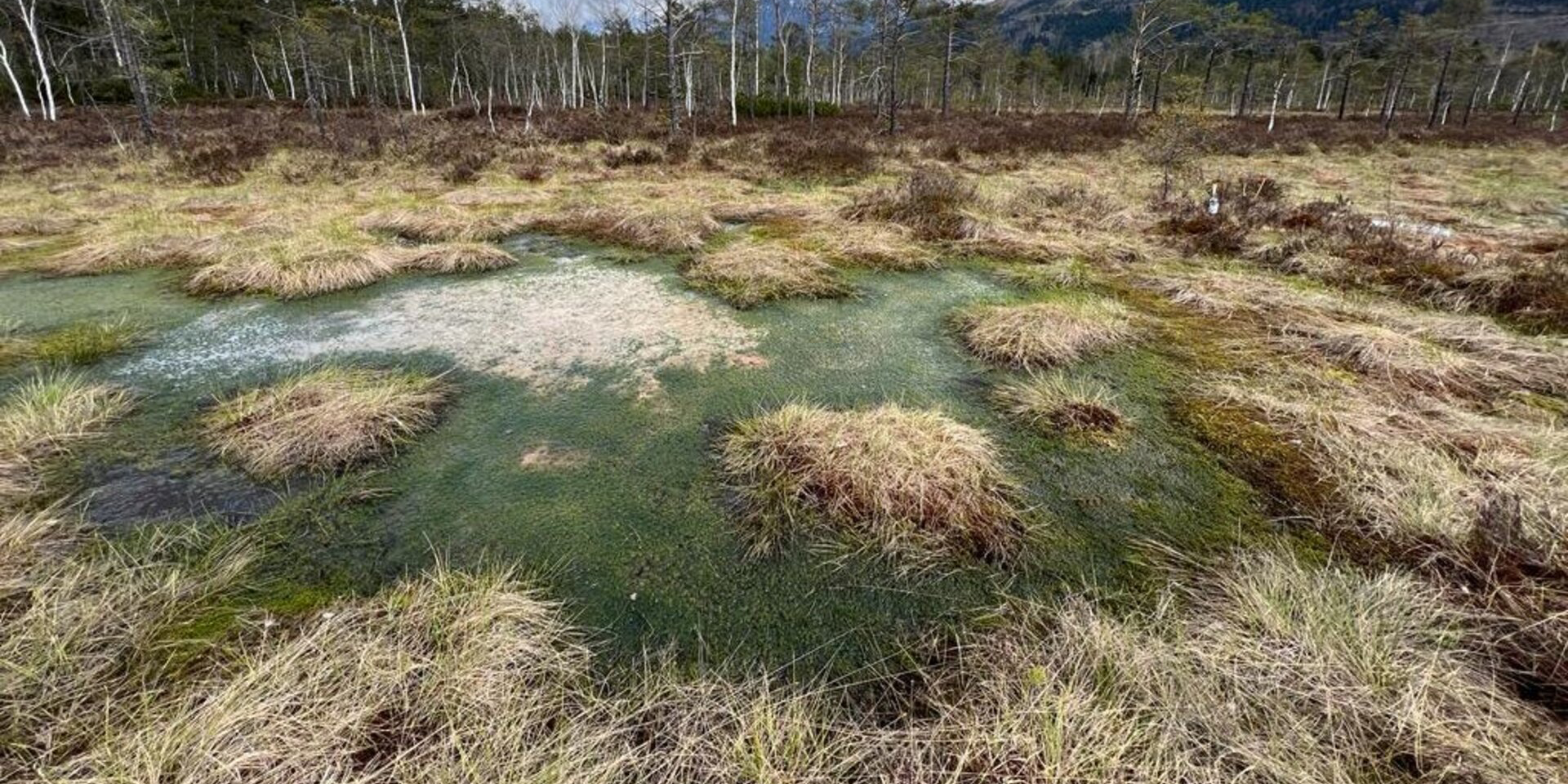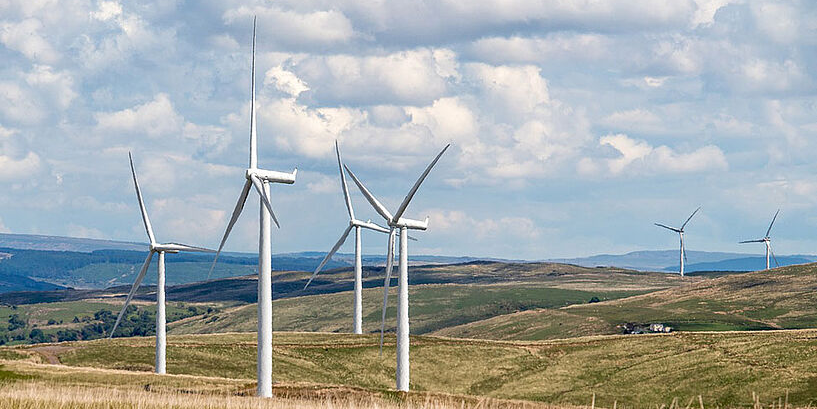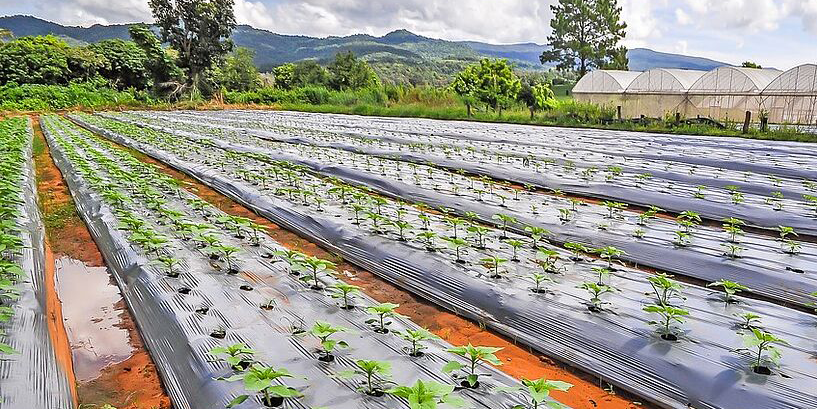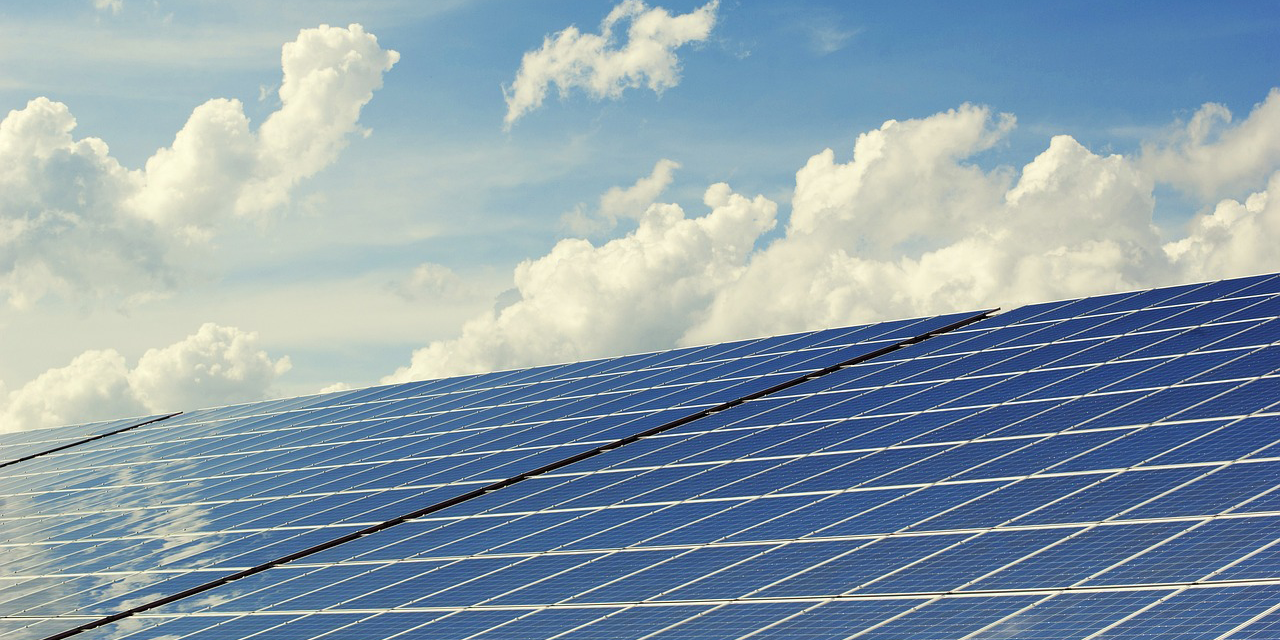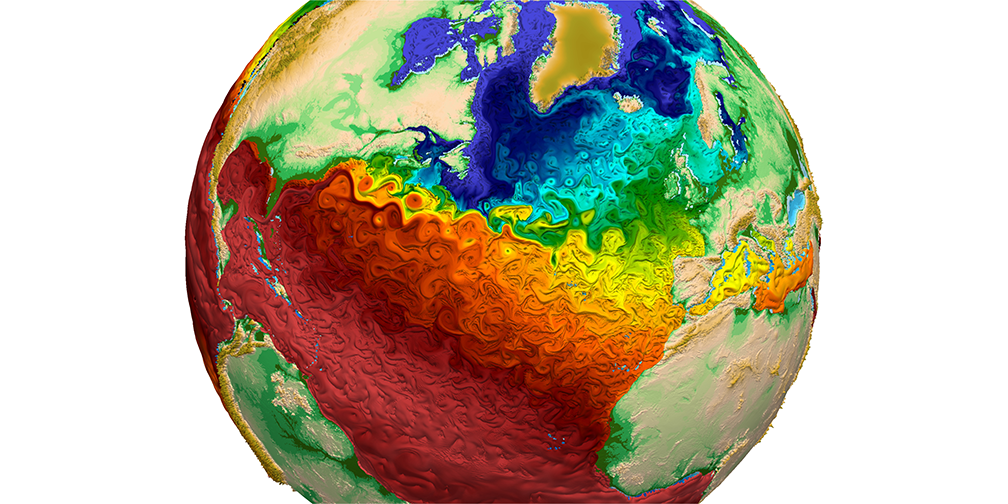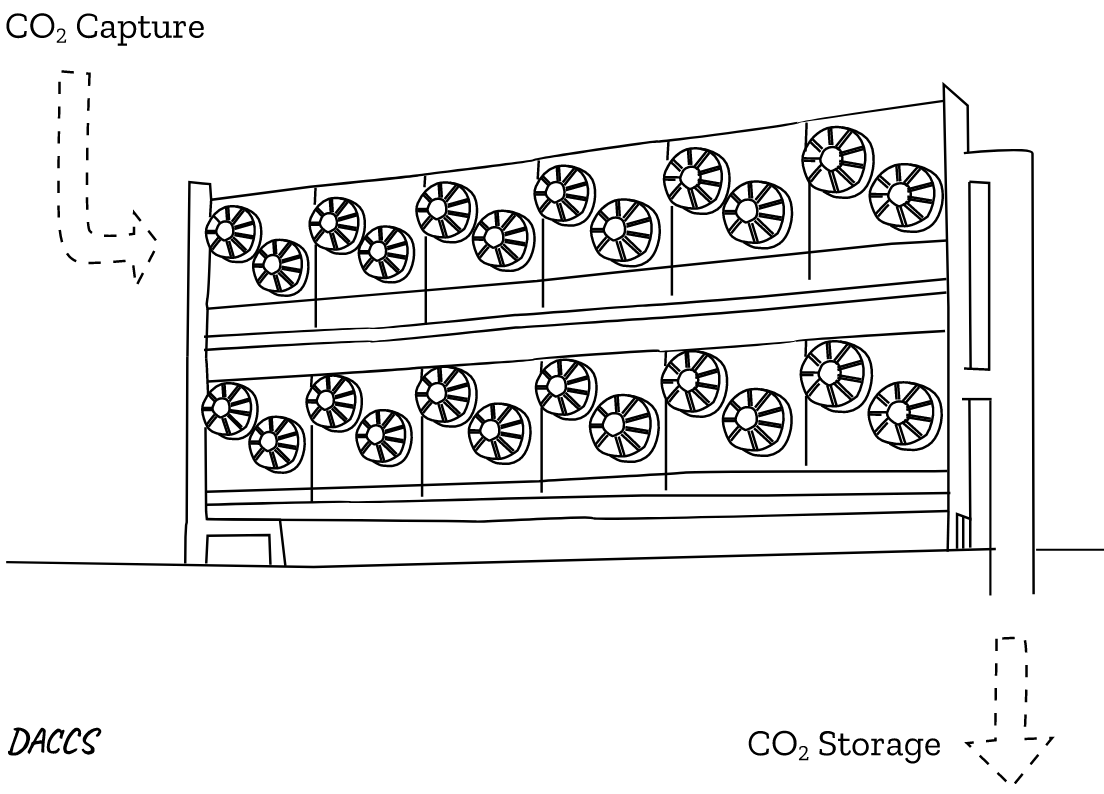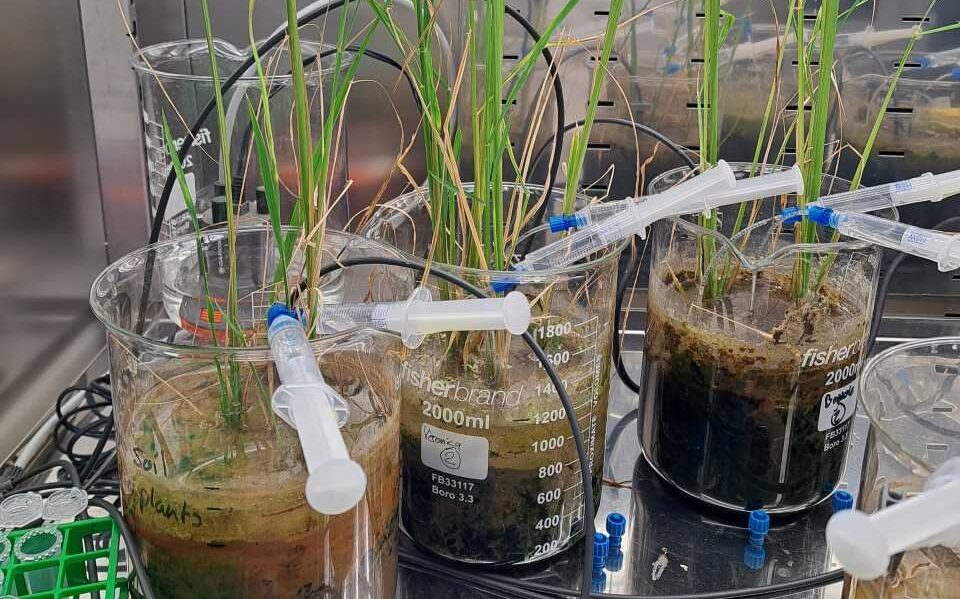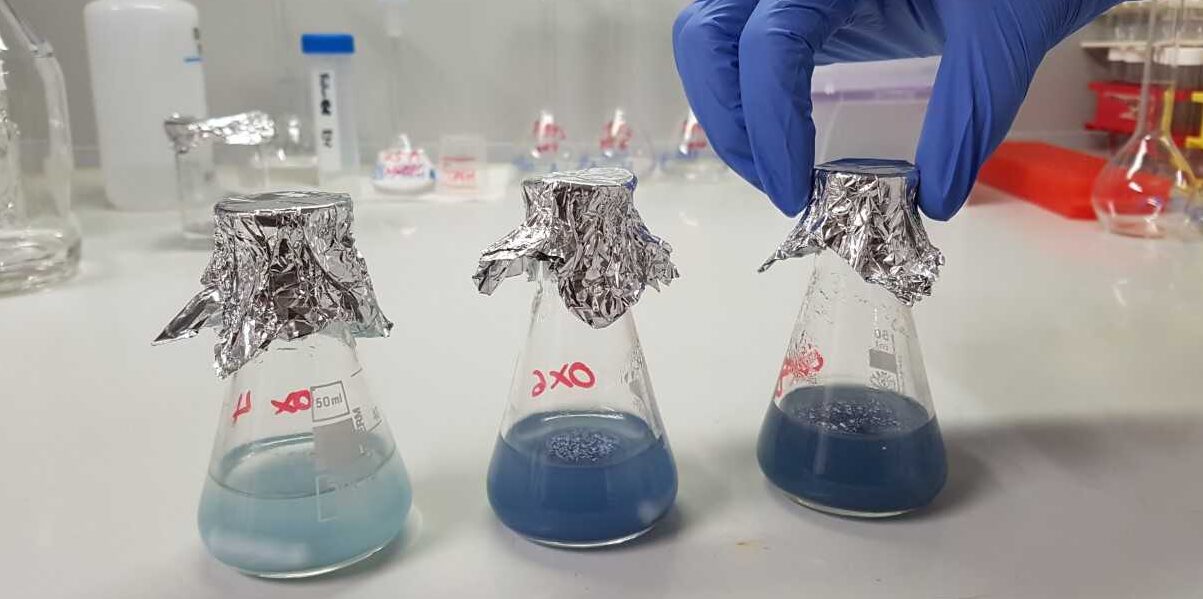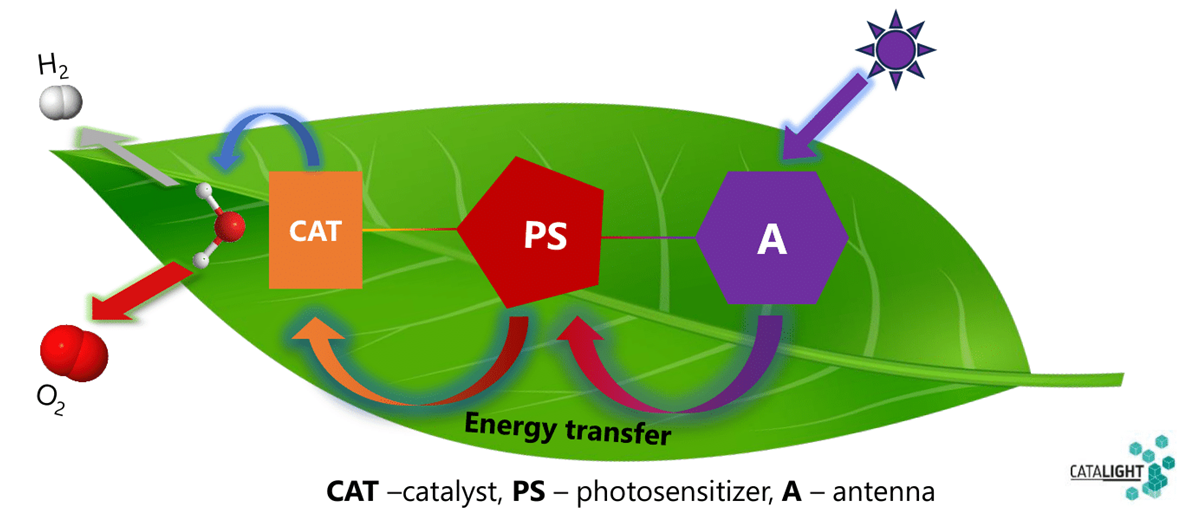Climate Resilience
Environmental changes require multiscalar responses at the urban, regional, and global level
Anthropogenic climate change manifests in more frequent occurrence of extreme weather events like storms, high-intensity rainfall, and periods of increased temperatures. Crop failures, parasitic invasions, landslides, and floods affect land productivity, livelihood, and food security with severe effects especially in already impoverished regions of the world.
ECH researchers in the focus area dealing with climate resilience investigate the complex nexus of climate change, the environment, socio-economic impacts, and human responses. With a diverse background from natural, human, and social sciences, members research topics around sustainable urban city planning and digitalization as adaptive response strategies, global climate migration, resource extraction and inequality as well as broader economic impacts of regional industries vulnerable to climate change.
